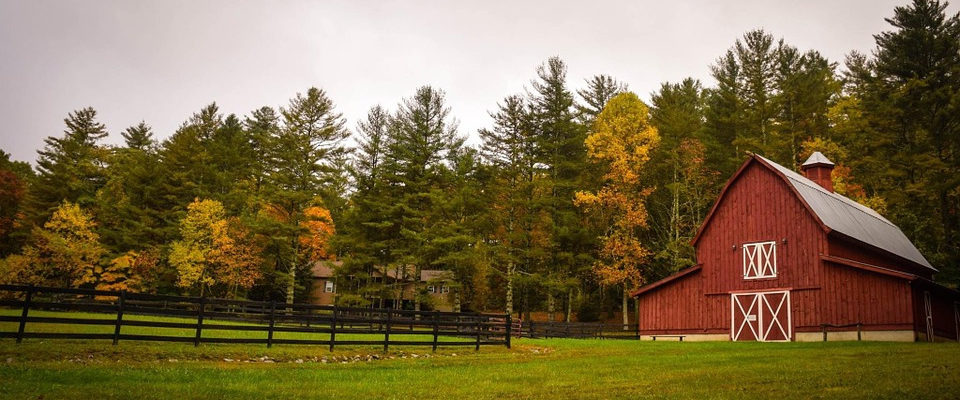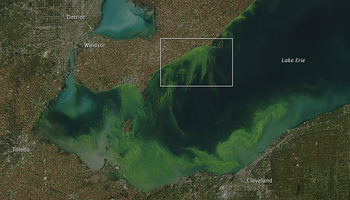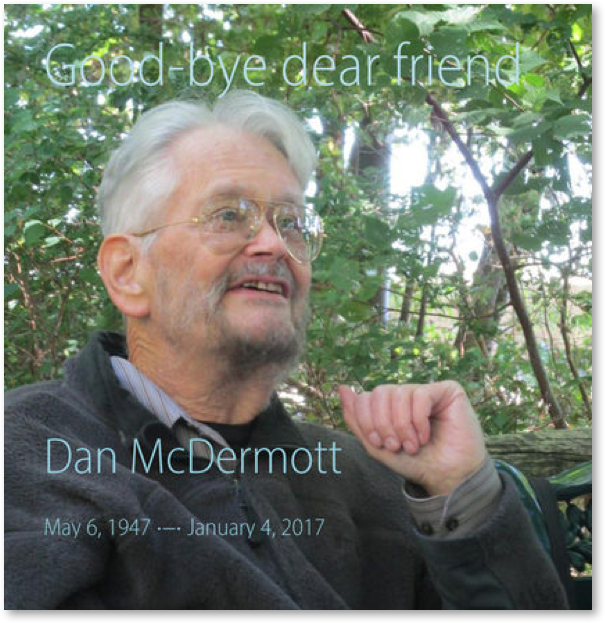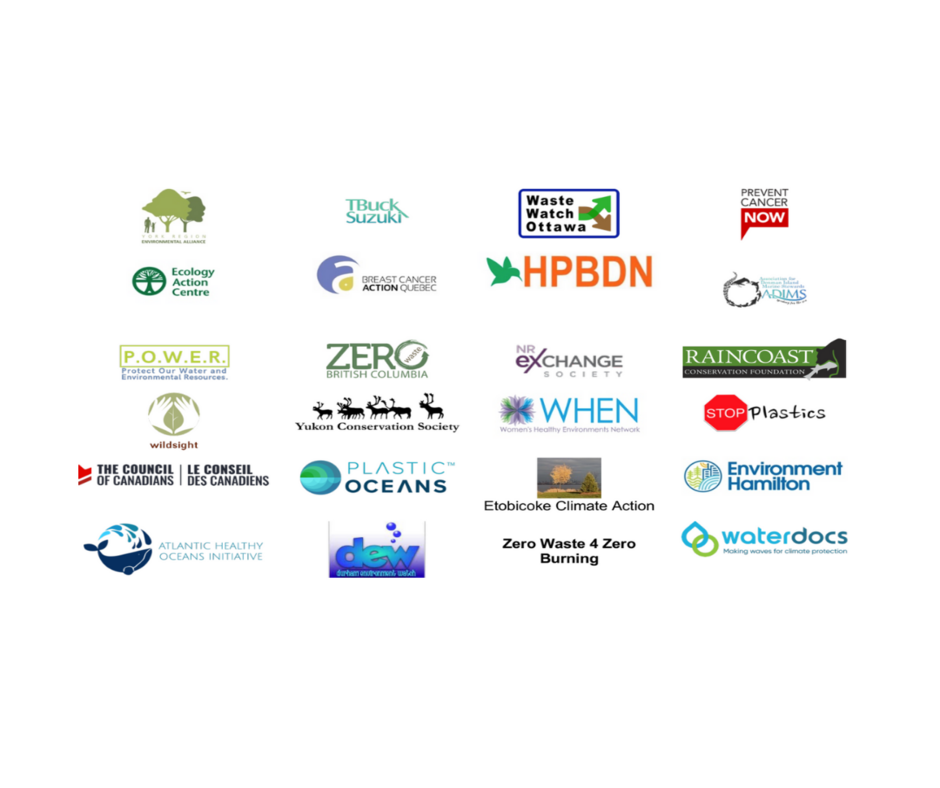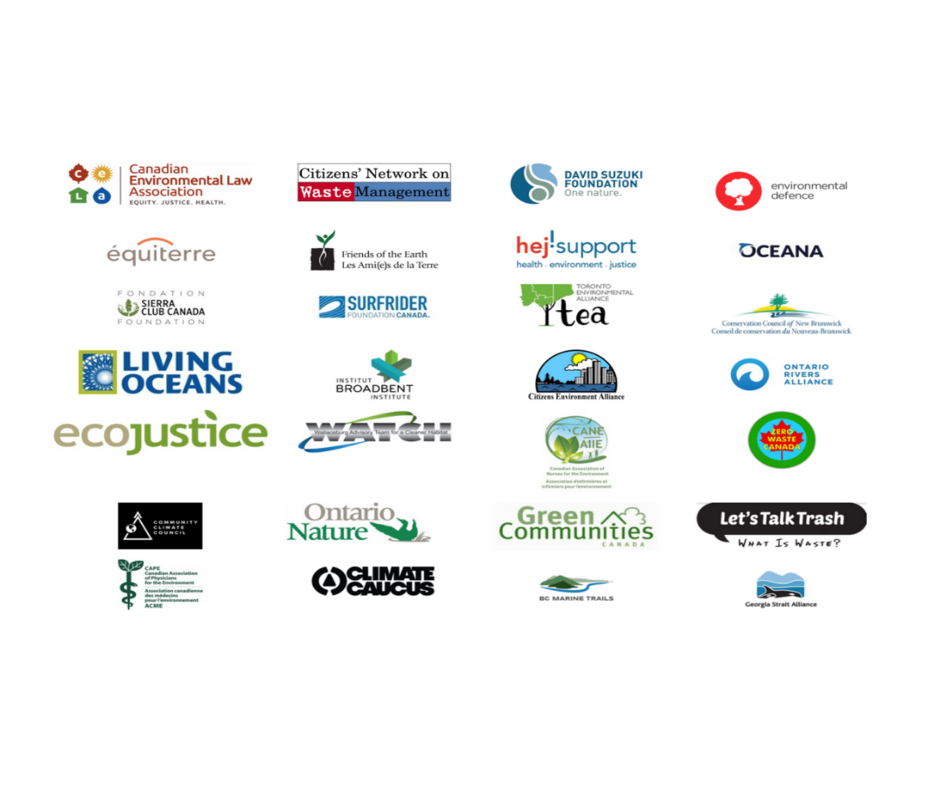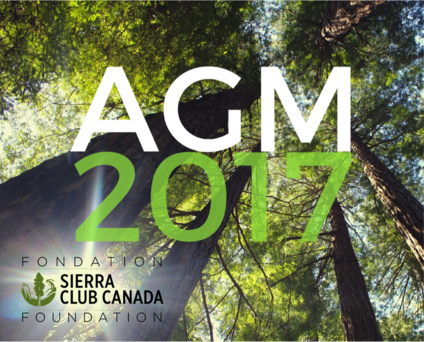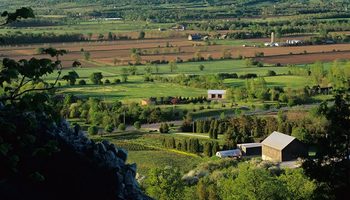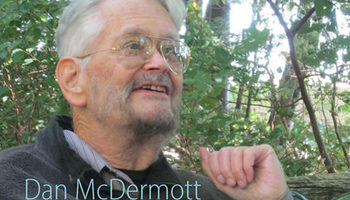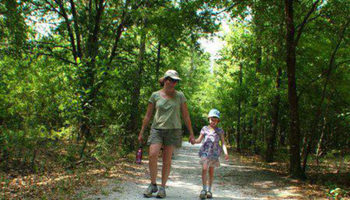Significant changes needed to tackle Lake Erie’s algal bloom problem
Yvonne Ho — June 22, 2017Lake Erie's algal blooms are hurting the lake's ecosystem, Ontario’s economy, and the health of communities that depend on it.
The following article was written by Dr. Lino Grima, former professor of Water Resources Policy and Environmental Management at the University of Toronto, Chair of Sierra Club Ontario's Great Lakes Campaign and Co-Chair of Sierra Club's Binational Great Lakes Committee.
An important part of Sierra Club Ontario’s advocacy work is the protection and restoration of the Great Lakes ecosystem, which constitutes the largest body of fresh water in the world. A major threat to the Great Lakes is the eutrophication(1) of Lake Erie leading to algal blooms, and the presence of health-threatening microcystin(2), especially in the western basin of the lake. Harmful and nuisance algal blooms are negatively impacting Lake Erie’s environment and Ontario’s economy, and present significant risks to human health.
To mitigate this problem, Canada has been working with its partners to develop a Canada-Ontario Action Plan to help reduce the amount of phosphorus – a key factor causing algae – from entering the lake. Back in March 2017, the Governments of Canada and Ontario circulated a joint “Draft Action Plan” -- a discussion document to assist in the engagement of key stakeholders, First Nations and Métis communities, and the public in action plan development -- to reduce phosphorus loading in Lake Erie, and achieve their 40 per cent phosphorus reduction target.
Sierra Club Ontario would like to congratulate Canada and Ontario’s leadership on this critical issue and particularly on the involvement of its citizens. We are encouraged that the Governments of Canada and Ontario recognize that the financial, social, and ecological costs of these blooms are significant and that action is urgently needed to reverse the trend.
However, as-is, the plan is inadequate -- it does not adequately describe what actions are necessary to achieve the proposed 40 per cent phosphorus reduction target. Without significant modifications to the Draft Action Plan, especially targeting agricultural sources of phosphorus and other non-point sources, Sierra Club Ontario fears that the final Action Plan will not adequately address the threat of algal blooms to Lake Erie.
In its current iteration, the Plan lacks most of the attributes of effective action plans including:
· Specific and measureable actions and objectives;
· Measureable results;
· Clear and reasonable timelines and deadlines;
· Accountability;
· Adequate budget for implementation.
As a member of the Great Lakes Protection Act Alliance (GLPAA)(3), Sierra Club Ontario has supported the GLPAA’s recent submission(4) in response to this Plan, particularly its call to confirm a timeline to reduce the phosphorus load reduction by 40 per cent by 2025 for the Ontario portion of the western and central basins of Lake Erie.
Enough is known about the problem to make a start on reducing the load of phosphorus and other nutrients such as nitrogen. However, the Plan would need to include more robust monitoring and adaptive management so that the scientific understanding would be enhanced and the policy refined.
Sierra Club Canada Foundation and Sierra Club Ontario expect that the authors of the Draft Action Plan will be responsive to the feedback garnered through the consultation process, and that the final Action Plan, expected to be in place by February 2018, will be significantly more comprehensive as a result.

